The 249th anniversary of the United States independence, celebrated at the US Embassy in Islamabad served not only as a ceremonial event but also as a significant moment in the diplomatic landscape of South Asia. With Prime Minister Shehbaz Sharif in attendance, the occasion provided a platform for reaffirming Pakistan US ties reflecting on recent regional tensions and expressing optimism for the future of bilateral cooperation.
One of the most critical takeaways from the event was Prime Minister Shehbaz Sharif’s clear and firm statement regarding the recent four day armed conflict between Pakistan and India. Referring to the Pahalgam incident an alleged terrorist attack in Indian administered Kashmir the prime minister termed it a “false flag operation.” He emphasized Pakistan’s earlier offer for an independent credible international investigation which was rejected by India. Instead, what followed he said, was unprovoked aggression that martyred 33 Pakistani citizens including women and children.
Shehbaz Sharif maintained that Pakistan while exercising its right to self-defense by downing six Indian fighter jets opted for restraint rather than escalation. This balanced response, acknowledged even by American officials at the time, underscores Islamabad’s commitment to regional peace. The prime minister also appreciated the role played by then US President Donald Trump in securing a ceasefire lauding his statesmanship and preference for diplomacy over conflict.
This expression of gratitude set the tone for broader themes of the evening. Shehbaz Sharif reaffirmed Pakistan’s desire to forge a renewed partnership with the United States one based on mutual respect, shared values and common goals. In his remarks he drew a compelling parallel between the US founding fathers and Pakistan’s own founder, Quaid-e-Azam Muhammad Ali Jinnah noting that both championed democracy, constitutional rule and human dignity.
Beyond symbolism substance also defined the gathering. The US Chargé d’ Affaires Natalie Baker highlighted the enduring strength of Pakistan US relations, noting America’s early recognition of Pakistan in 1947 and decades of cooperation since. From infrastructure and energy development to health and education the US has played a pivotal role in Pakistan’s development trajectory often through USAID and similar institutions.
Defense and security cooperation was another key area underlined by Baker. She specifically mentioned the recent capture and extradition of an ISIS K operative by Pakistani authorities, praising the role of the Pakistani government and military in enhancing regional stability. Her acknowledgment of Field Marshal General Asim Munir and Prime Minister Shehbaz Sharif’s leadership sent a strong diplomatic signal of confidence and appreciation.
Of particular note was the reference to economic collaboration. Baker spotlighted the Pakistan Critical Minerals Investment Forum and expanding cooperation in digital innovation and emerging technologies, including cryptocurrency. These engagements point to a growing recognition that the future of bilateral ties lies in sustainable development technological advancement and investment in shared prosperity.
The evening also brought attention to people to people connections, which remain the backbone of long term diplomatic relationships. From cultural exchange to educational opportunities, both nations continue to benefit from their deep-rooted interpersonal ties. Baker’s informal remark about “cricket and culture” underscored the importance of soft diplomacy in bridging national divides.
Amidst serious regional tensions this event and the messages conveyed therein signal a desire on both sides to move forward constructively. The positive tone, combined with honest reflections on recent military conflicts and terrorism reflected a diplomatic maturity that bodes well for the region. Prime Minister Sehbaz’s repeated commitment to peace and dialogue despite Indian aggression further reinforced Pakistan’s image as a responsible actor on the world stage.
The gathering concluded with optimism and a shared vision for the future. As Baker eloquently put it, “Our relationship is strong and the best is yet to come.” Indeed as global challenges multiply and regional complexities deepen, Pakistan and the United States appear poised to reimagine their partnership not merely as allies in security but as collaborators in trade, innovation, education, and cultural diplomacy.
In a world marked by shifting alliances and unpredictable conflicts, reaffirming such partnerships becomes all the more important. If pursued with sincerity, the renewed spirit of cooperation evident at this reception could pave the way for a more stable, prosperous, and interconnected South Asia.


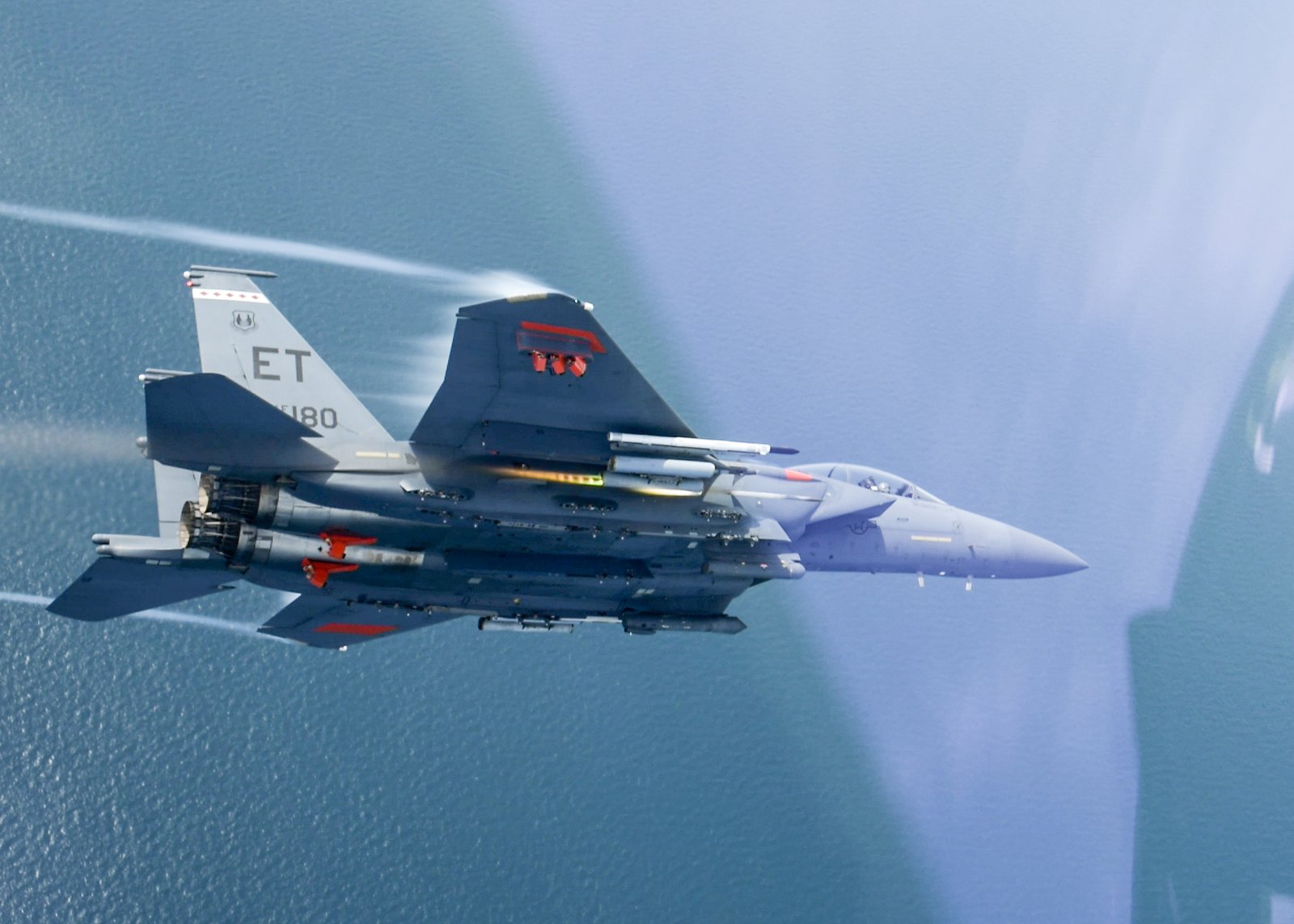
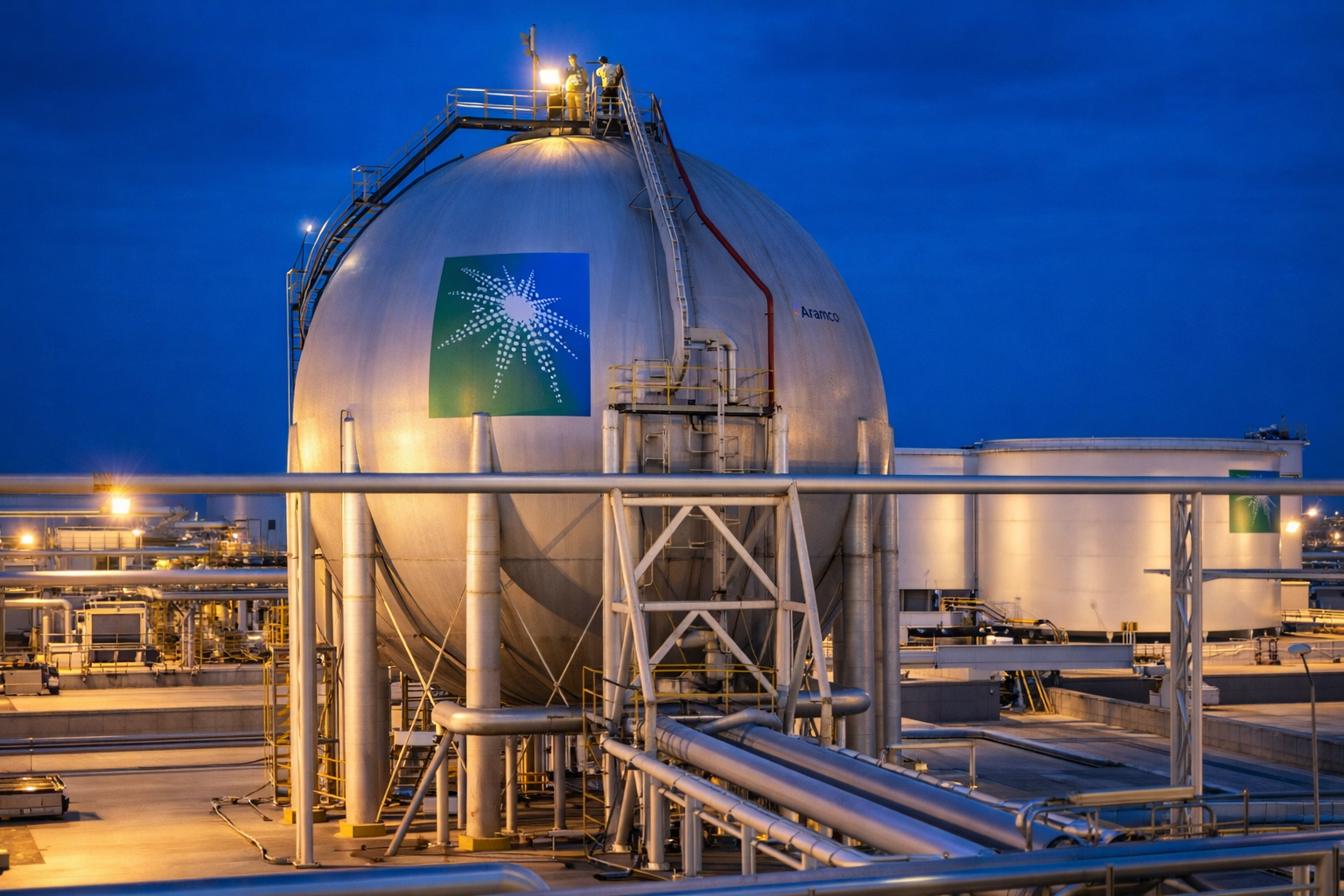
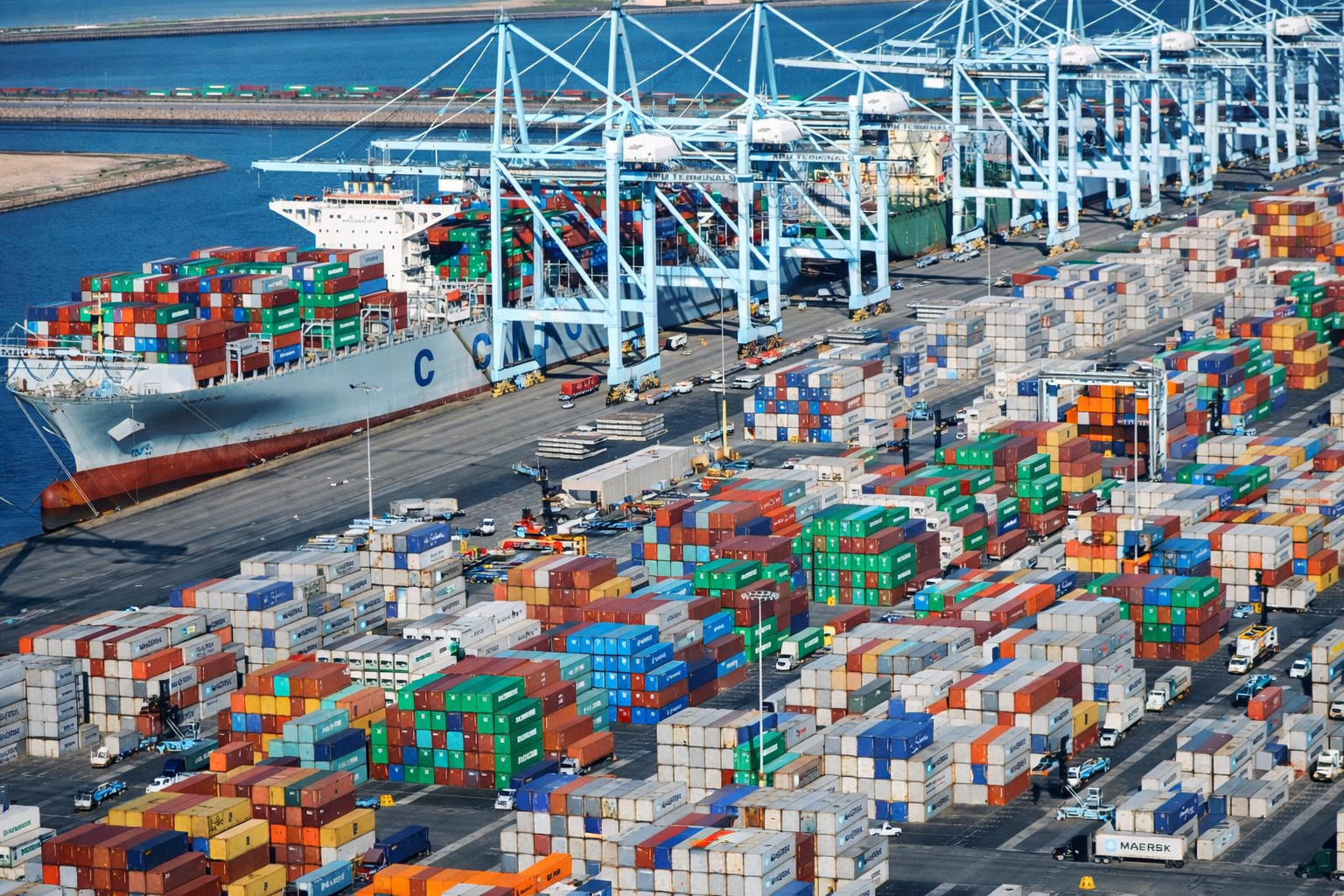
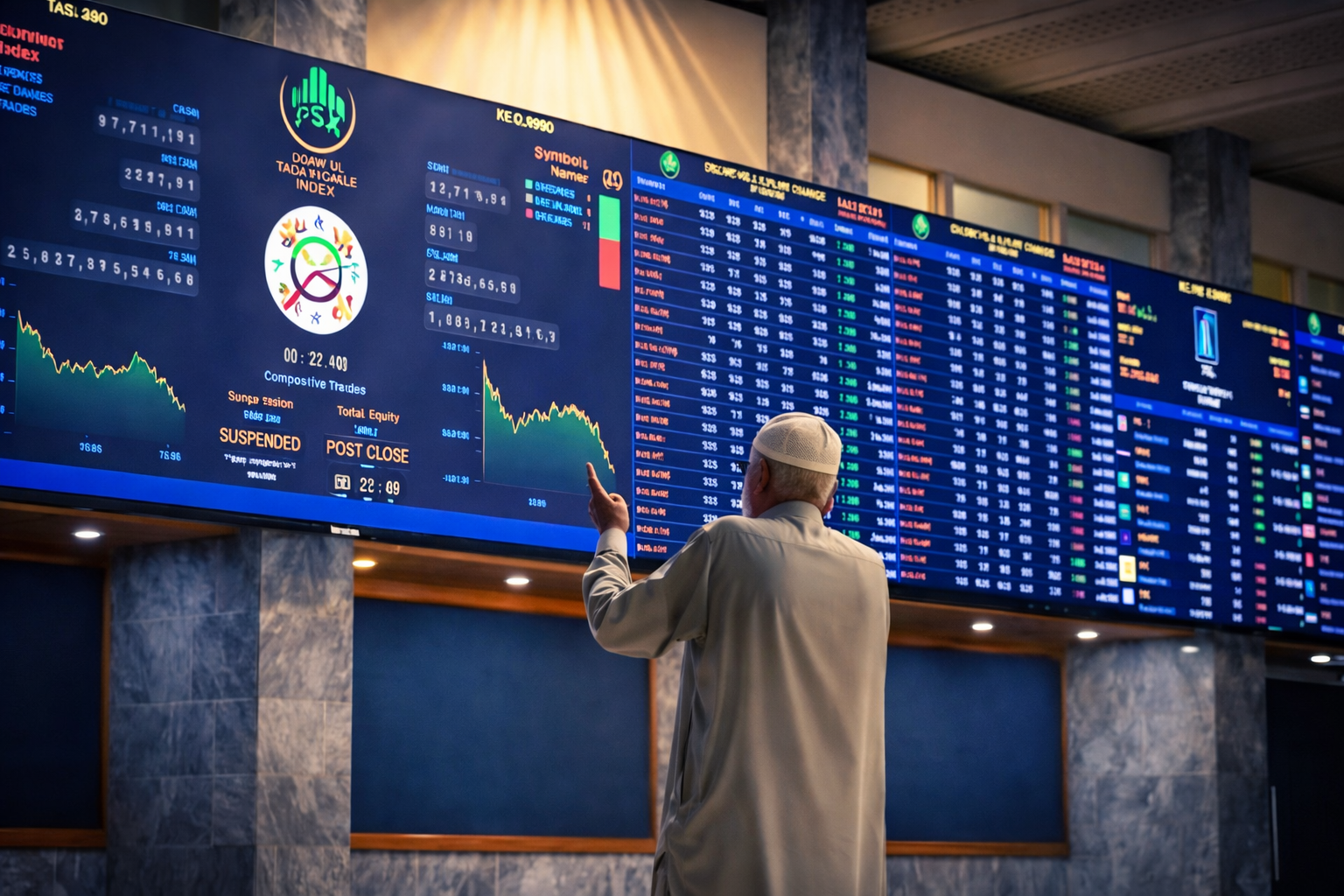

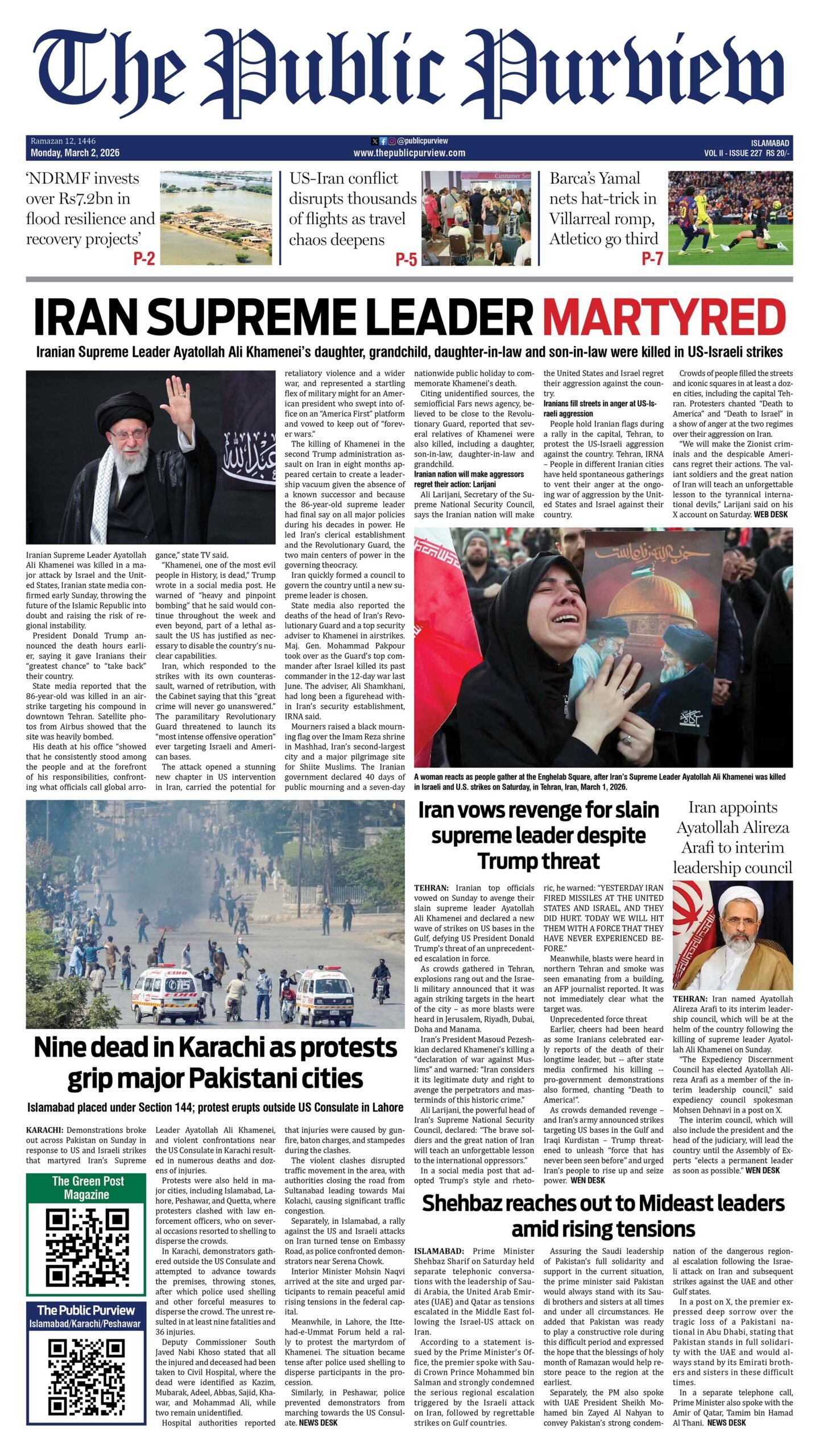 Today's E-Paper
Today's E-Paper